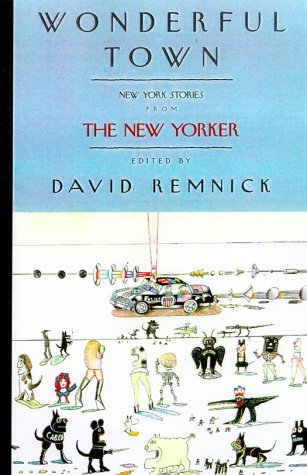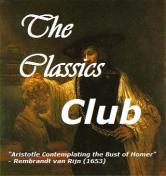Up there in that part of the City – which is the part they came for – the right tune whistled in a doorway or lifting up from the circles and grooves of a record can change the weather. From freezing to hot to cool.
Coming in at 229 pages, Toni Morrison’s novel Jazz is not a long novel; however, it took me a long time to read it.
But was it ever worth the effort!
Initially set in New York City in 1926 during the Harlem Renaissance, Jazz begins with a noir feel when a young girl is murdered by her older lover and his wife disrupts the victim’s funeral.

While Morrison moves the narration between various points of view and the setting from different time periods and locations, the City is always there as well as the new type of music that has old people fearful of the young kids that are jumping around to it.
It’s not difficult to figure out when a character is telling their part of the story. But there is a mysterious “I” that seems to be a higher narrator controlling the other narrators as the other narrators tend to have their parts with quotation marks. Is this narrator God? A ghost? The author herself as Creator? The City? Jazz? I don’t know but I think this mystery has something to do with the creative process:
You would have thought everything had been forgiven the way they played. The clarinets had trouble because the brass was cut so fine, not lowdown the way they love to do it, but high and fine like a young girl singing by the side of a creek, passing the time, her ankles cold in the water. The young men with brass probably never saw such a girl, or such a creek, but they made her up that day.
After finishing the novel, I jumped around the internet to see what others thought about this unknown narrator. A few came up with an idea that they thought obvious. While I might disagree with the obvious part, they could be right. I don’t want to give it away to anyone who has not read the novel. I will say that this idea, in a manner of speaking, is related to the creative process. One has to read the novel to the very end to come up with this conclusion, though.
After reading Jazz, I’ve come to another conclusion. I’m not going to worry about how many books I read this year. I plan to read at least a few more of Morrison’s novels and if they are like this one, I will simply take my time.
I highly recommend this novel!









